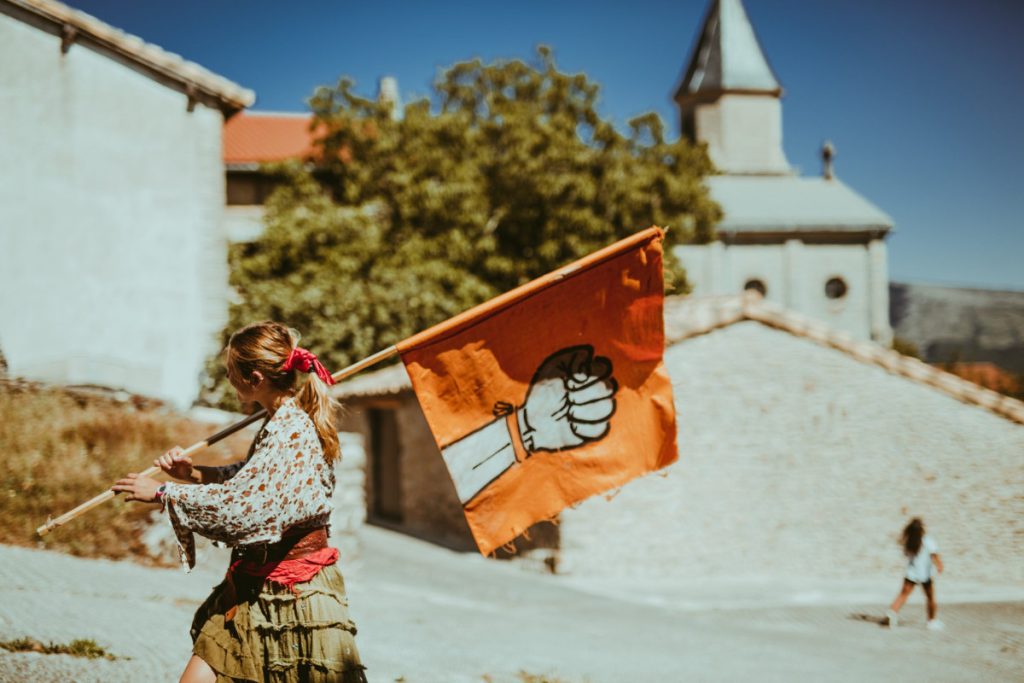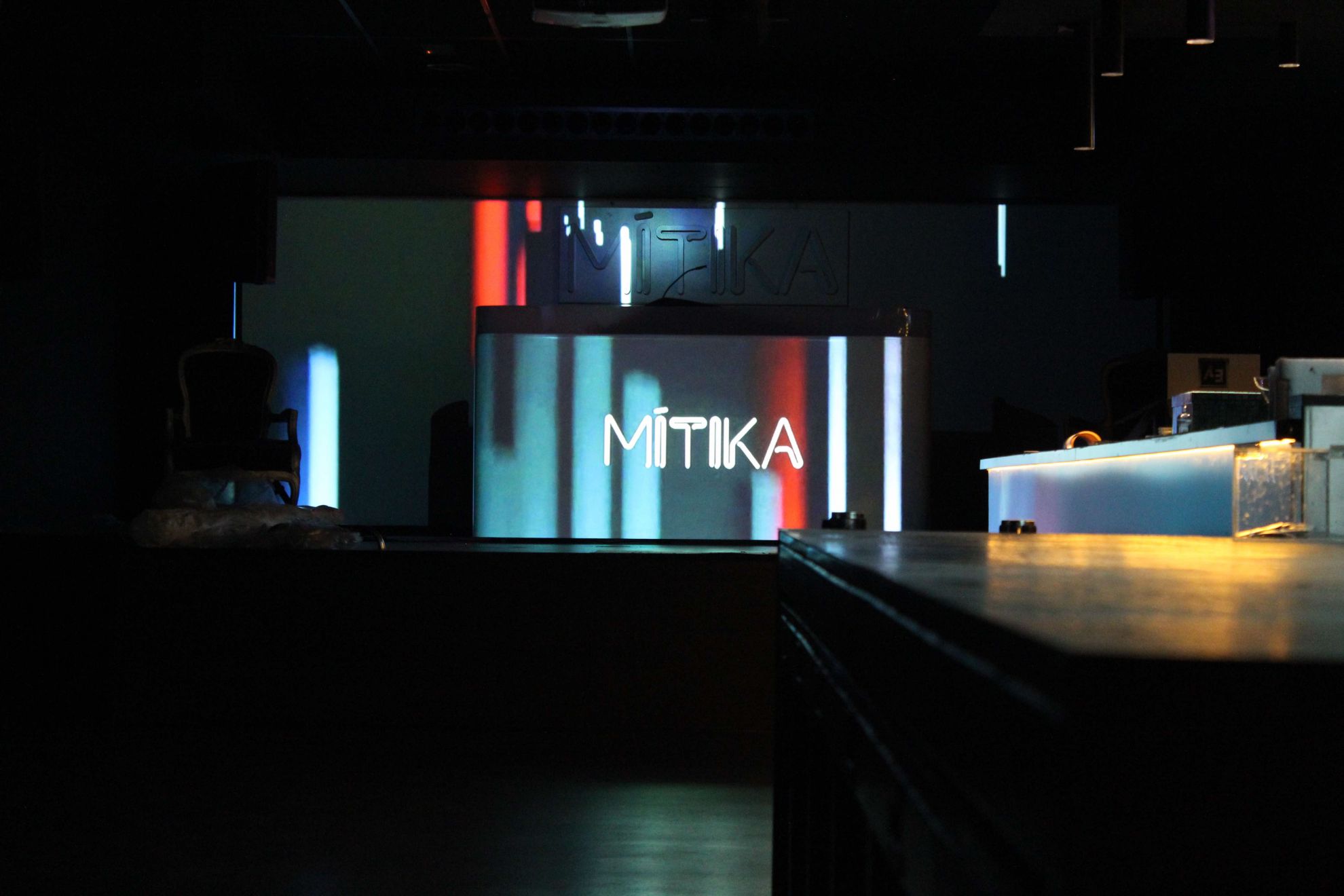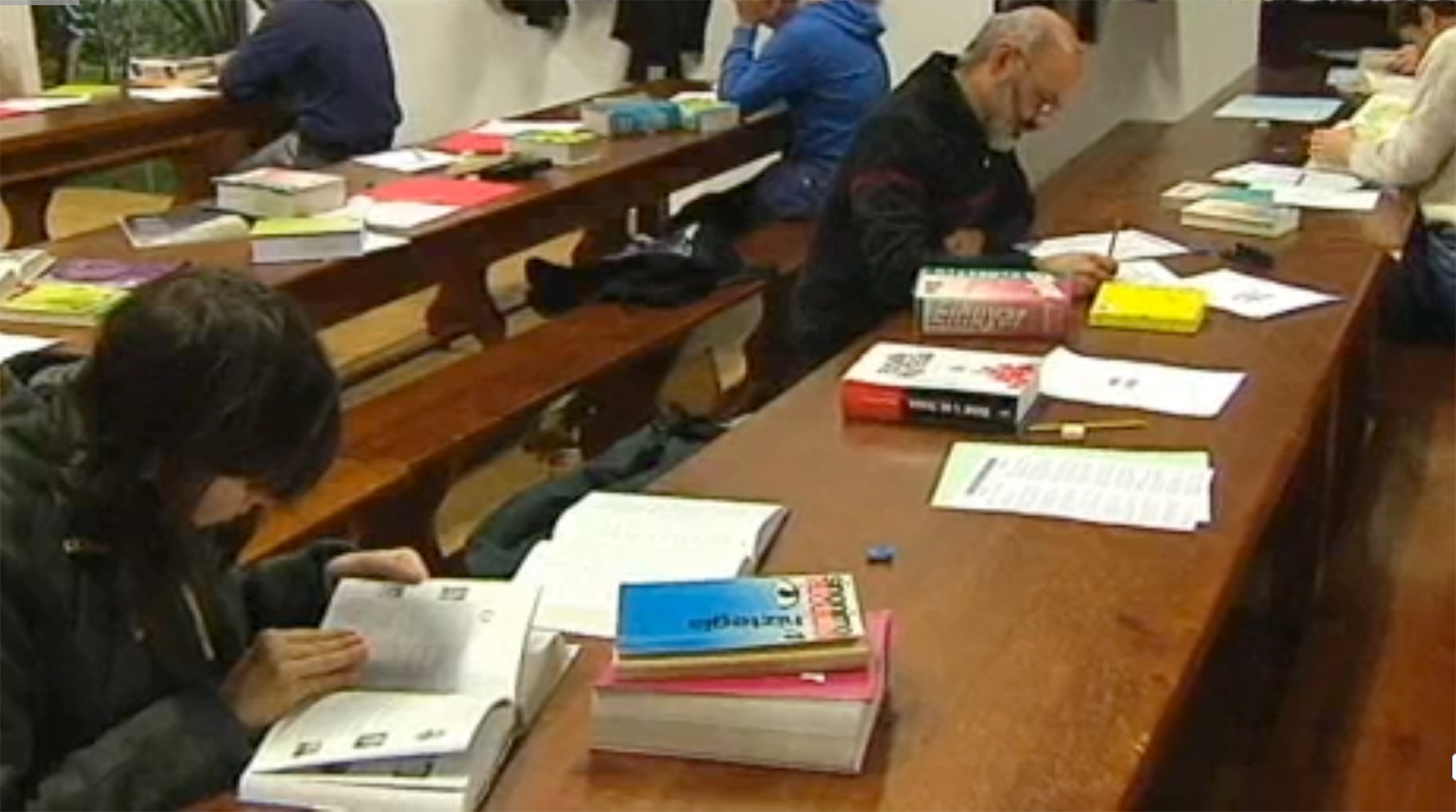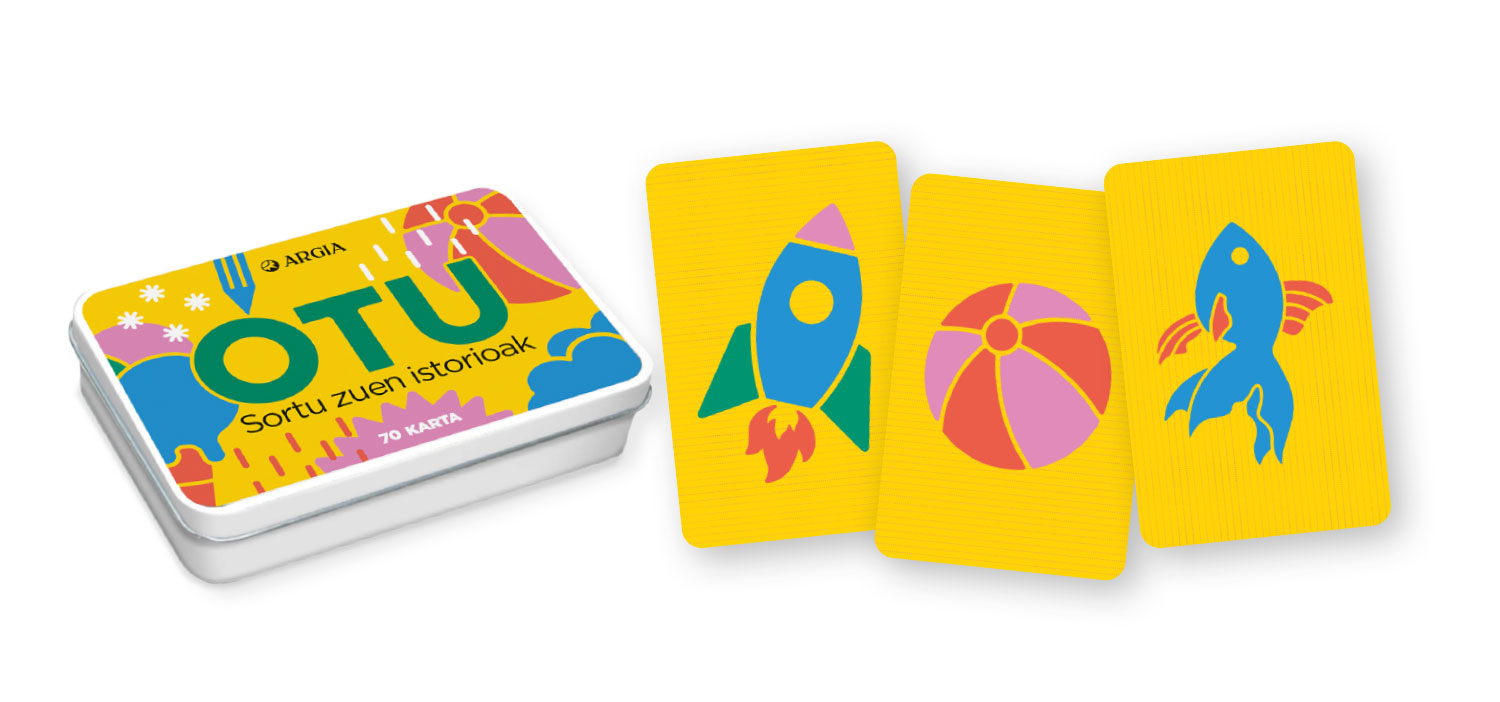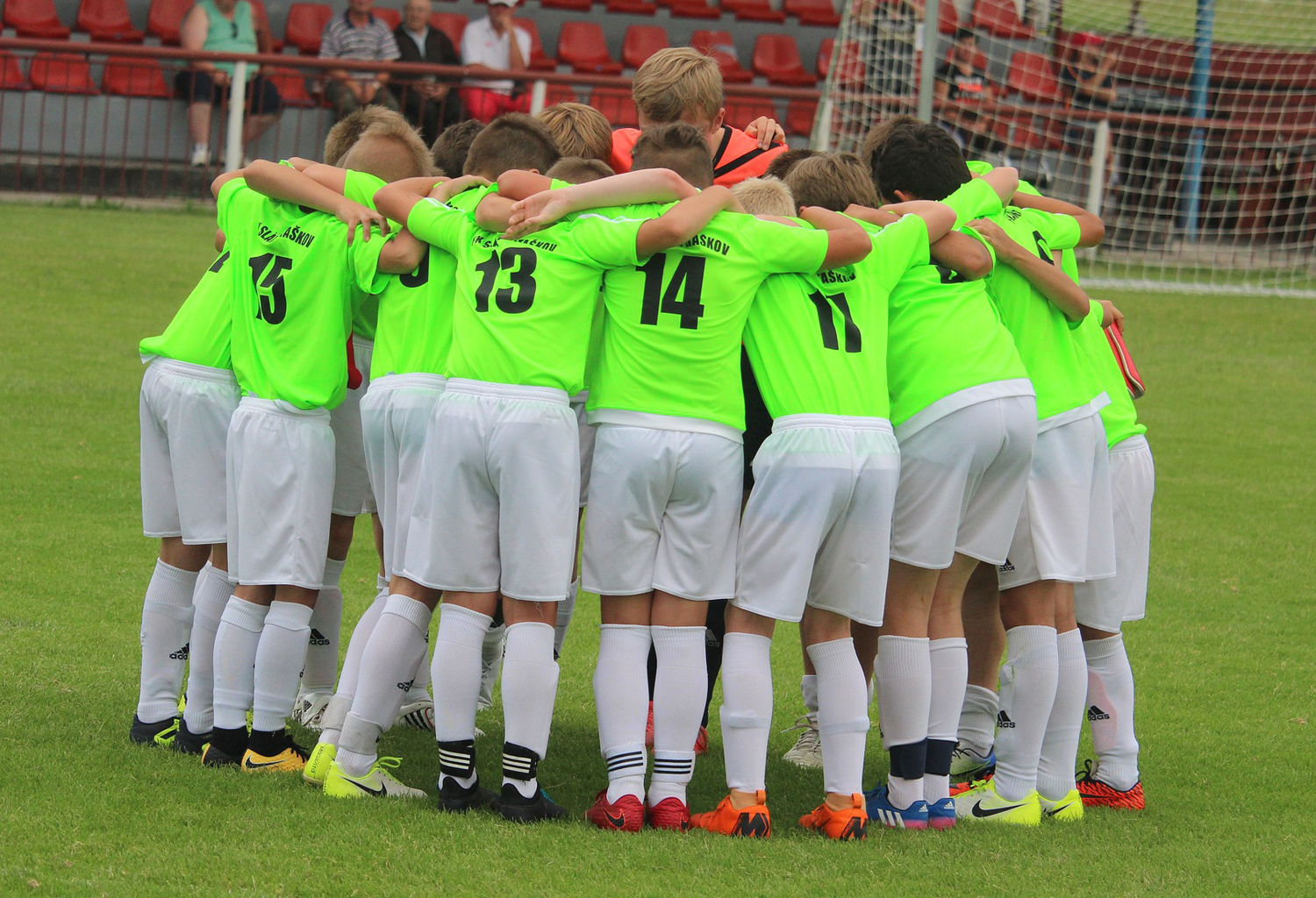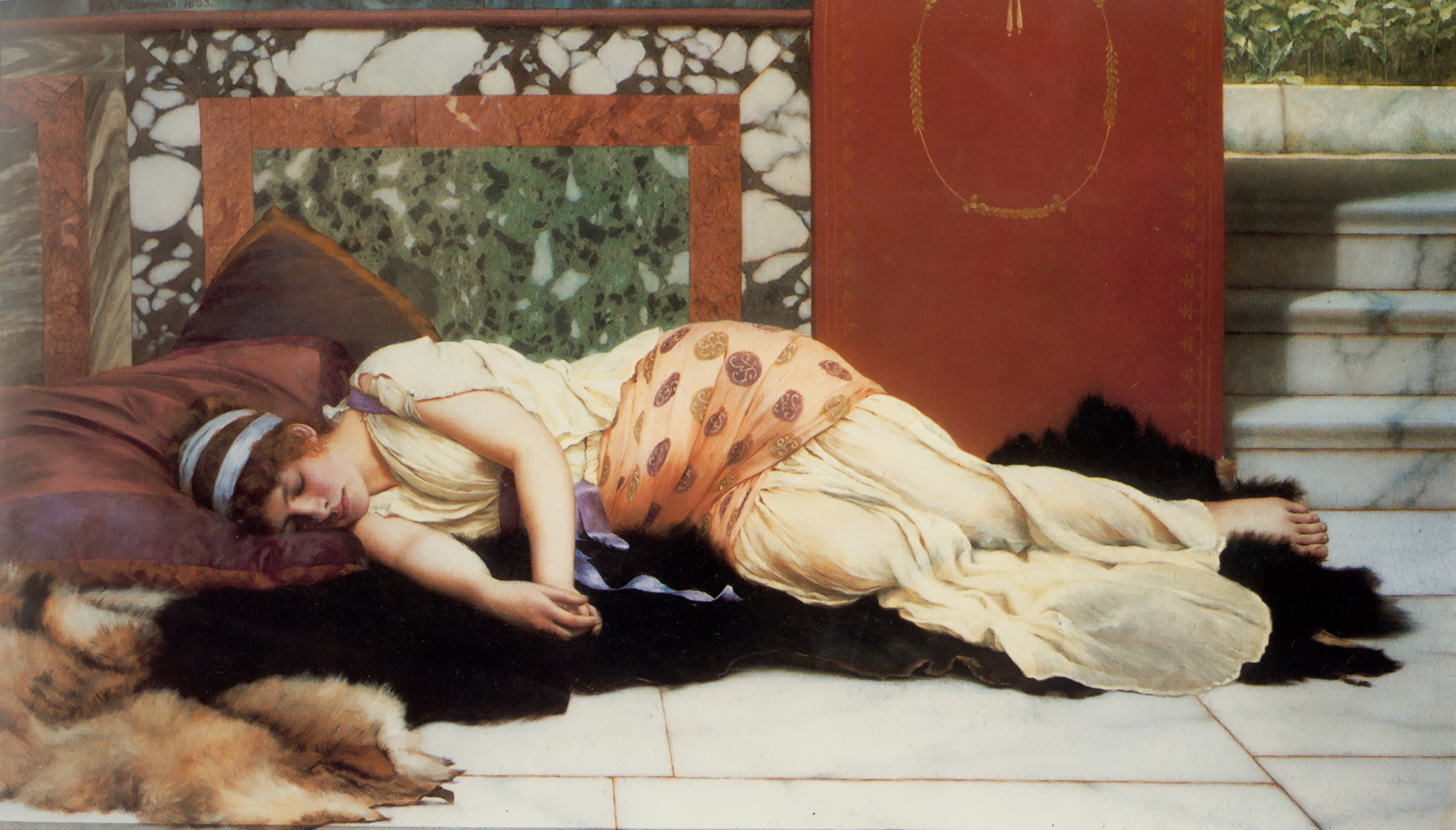The registration period for the Basque Summer Camps began on March 1. The lists of those selected will be published on April 15, but the unfilled rounds will remain open until August. However, we have been informed by the educators of the Basque Summer Camps Haizea and Mikelsa that they "fill up quickly", so it is advisable to register "as soon as possible" if you are interested.
The process is simple, it is necessary to fill in and send a form available on the website. The information they request “is not limited to age and name,” they take into account other data that may be useful for educators, such as “gaps” in children and young people, and also include data on the management of feelings.
There are a total of eleven shifts divided by age, and young people can enroll in more than one. Each round takes place in Goñin, Abaigar or Bernedo. The rounds of the youngest are children from 6 to 7 years of age, and in the oldest are children from 17 years of age.
Summer camps are “open all year round”, but not to the public. Being a project based on self-management comes a long organizational process before the summer: preparing and arranging houses, conducting trainings. Among those who make up the summer camp are the chefs, monitors and milos, the latter do the maintenance of the house. All cooks, milos and monitors are educators. The members of the Basque Summer Camps have said that the change of role in the camp is interesting, “to see that we can influence children or young people in different ways”.
The values at the base of the Basque Summer Camp are Basque, feminism, nature and work in the neighbourhood. They also want to transmit the values of militant work to children and young people. Values are constantly changing, making new formations to meet the needs of the moment. Educators are preparing to counter this increasingly reactionary reality. “The people who come know where they are coming from, it is quite clear what our ideological framework is,” so in these years they have not noticed “obvious changes”, but they say they will be as prepared as possible.
In the Basque Summer Camps they are away from modern technologies for 15 days. “We allow you to write letters,” to “romanticize” that world without mobile phones.
They bet on boredom, saying that, among so many stimuli, “today’s children” do not know how to get bored.
They value positively the relationship with the people. In Bernedo, for example, the 50th anniversary will be celebrated in the summer of this year and the citizens are ready to collaborate in the organization.
It is a project that has changed with the “Basque society”. “It’s about history, but also about change. It is a great militant work, we do it because we believe in the project”, said the members, who also called on educators to join the project.
The relationship of young people in the Basque Summer Camps is very different from that of Basque, they do not want to be forced to communicate with the language, but “they want to give a breathing space to the Basque language, even for educators who live in Basque. “It’s hard, especially when you’re a teenager, because you can’t do things in Basque.”
They also emphasize the importance of gender dissent among educators as a “Basque and diverse model” for children and young people.
Listen to the full interview here:




